Don't expect new-car prices to suddenly drop by 5 per cent now that a Free Trade Agreement has been signed with Japan -- where 35 per cent of all new cars sold in Australia come from -- but you might get some extra equipment.
In fact, if the value of the Australian dollar takes a dive and/or the Japanese government decides to stop under-valuing the Japanese Yen (to boost exports), the prices of Japanese cars could actually go up.
The exchange rate between the Australian dollar and the Japanese Yen has moved by 60 per cent over the past 10 years (far greater than the 5 per cent difference we're supposed to be getting excited about), and at the moment all the odds are in our favour. Aside from the fact that no-one pays full price for new cars these days, the RRPs of popular Japanese cars are already at 20-year lows.
The Toyota Corolla and Nissan Pulsar start at $19,990, the same price they were two decades ago despite being bigger, safer, more efficient and loaded with extra equipment. Furthermore, it's important to note that the 5 per cent tariff cut comes from the price of the car out of the factory gate.
So, using a $19,990 car as an example, and taking an educated guess at the wholesale price of the car when it is unloaded off a ship, the 5 per cent cut will come off the "landed" price, say, $15,000. And 5 per cent of $15,000 is just $750.
Then add 10 per cent GST, the wholesale margin, the dealer margin and transport costs and you end up somewhere near $20,000 as the retail price of the car, before on-road costs are added. So where's your $750 discount, we hear you ask? Well, we already have a convenient example of where it will likely go: extra equipment at no extra charge.
The Toyota Corolla hatch is currently made in Japan and costs $19,990. The Toyota Corolla sedan is currently made in Thailand (with which Australia already has a Free Trade Agreement, so it does not get hit with a 5 per cent tariff) and it is dearer than the hatch: $20,700.
That's because the sedan has a rear-view camera and rear parking sensors as standard and the hatch does not. Toyota chose to fit worthwhile safety features rather than trim the price.
Now that a Free Trade deal has been signed with Japan, don't be surprised to see Toyota make the same changes to the Japanese-made hatch, adding extra equipment rather than cut the price. Providing, of course, the currency doesn't tank.
Then there is the issue that some Japanese cars aren't actually made in Japan. Did you know the Suzuki Alto, at $11,990 one of the cheapest cars on sale in Australia, has a Japanese badge but is made in India?
The same goes for the $12,990 Nissan Micra (which used to be made in Thailand and Indonesia and now comes via India). So don't expect a 5 per cent discount on those cars.
And most of the Japanese branded-utes (the third-biggest vehicle category in Australia) such as the Toyota HiLux and Nissan Navara, come from Thailand so already benefit from a Free Trade Agreement.
There may be more wriggle room on the prices of dearer cars sourced from Japan, but car makers are careful to not destroy the resale value. They go to great lengths to keep prices constant, often riding the currency wave themselves so people don't lose as much money on their cars and hopefully come back to buy another one, sooner. If prices were to tumble as the Government would like us to believe, then guess what? Your car is suddenly worth less at trade-in time.
For example, how would you feel if you paid $40,000 for a Japanese car and then, two months later, your neighbour paid $38,000 for an identical model? You've just ripped up an extra $2000 on the resale value of your car, and your neighbour is $2000 in front because $38,000 will become the price the car is judged against. There is no doubt the Free Trade Agreement is ultimately a good deal, but this is a case of be careful what you wish for.
This reporter is on Twitter: @JoshuaDowling







.jpg)
.jpg)
.jpg)

.jpg)
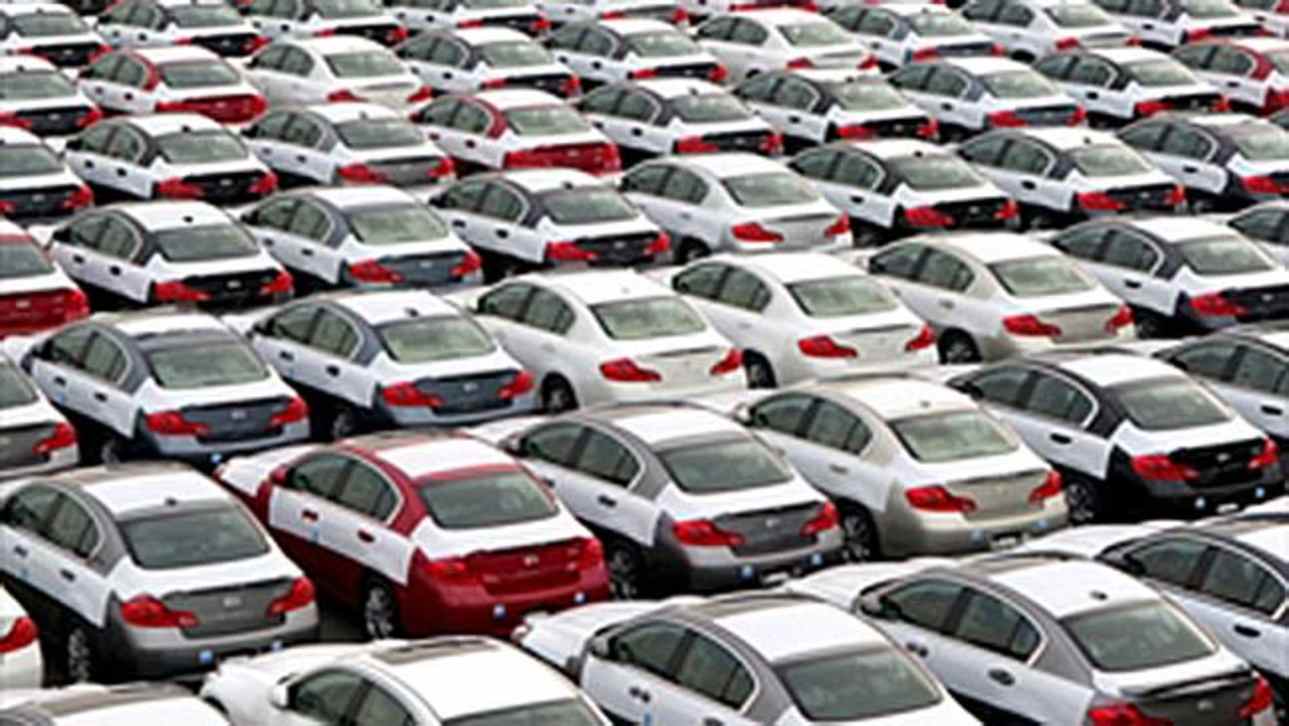
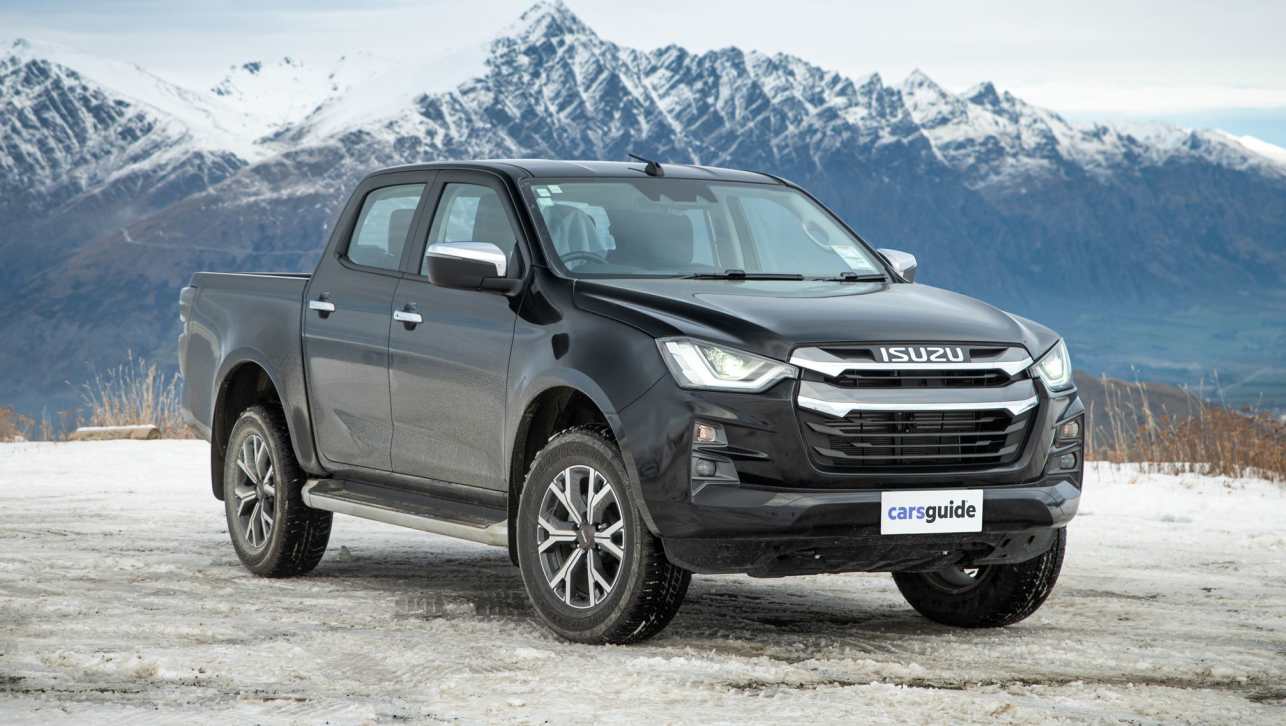
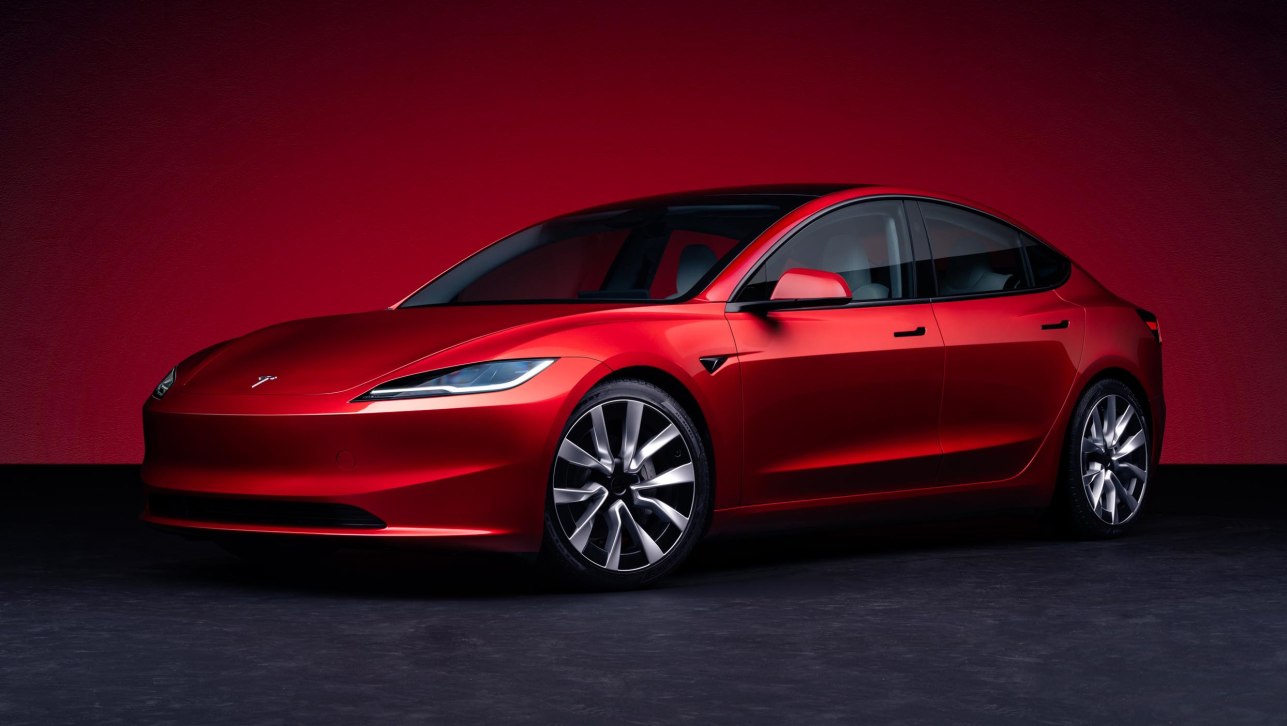

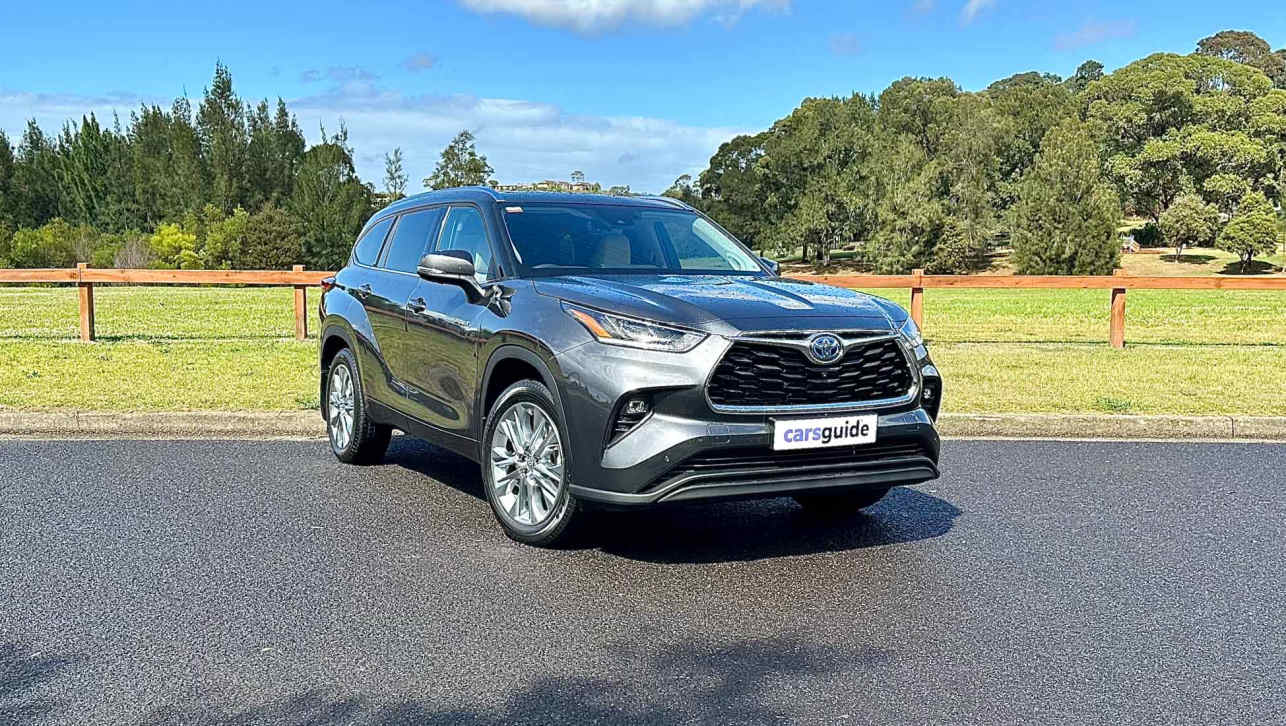
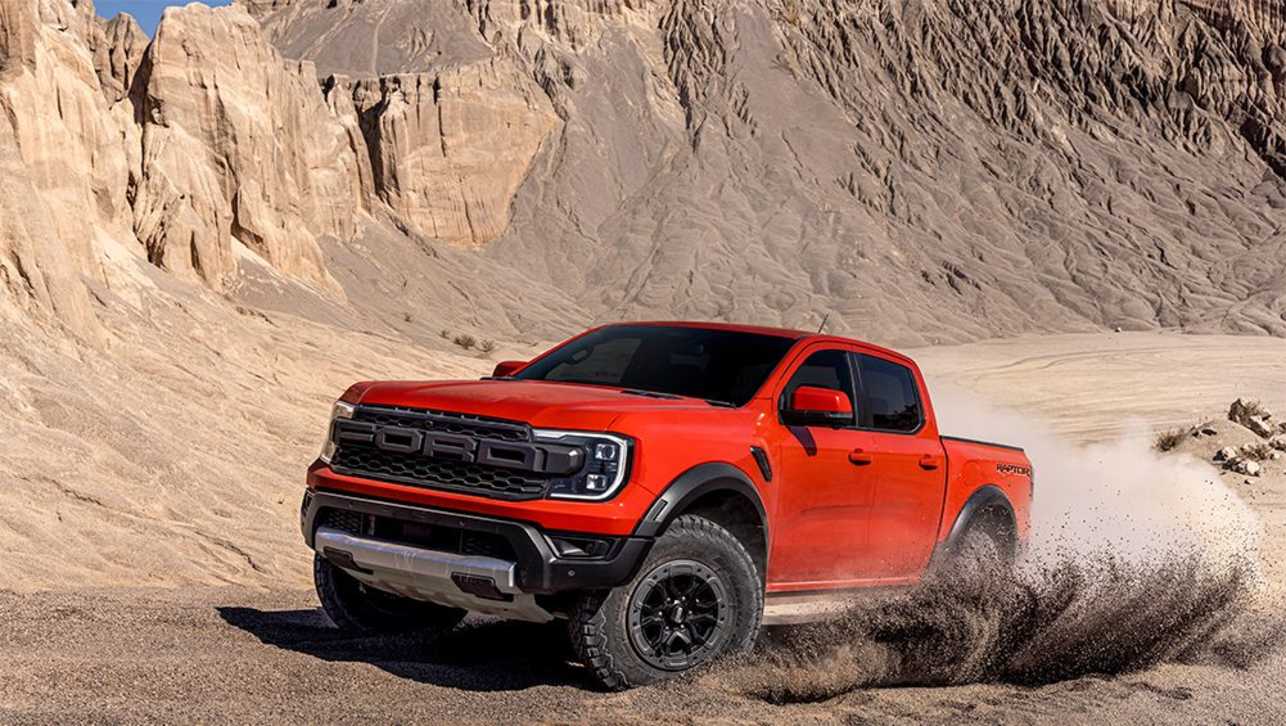

.jpg)

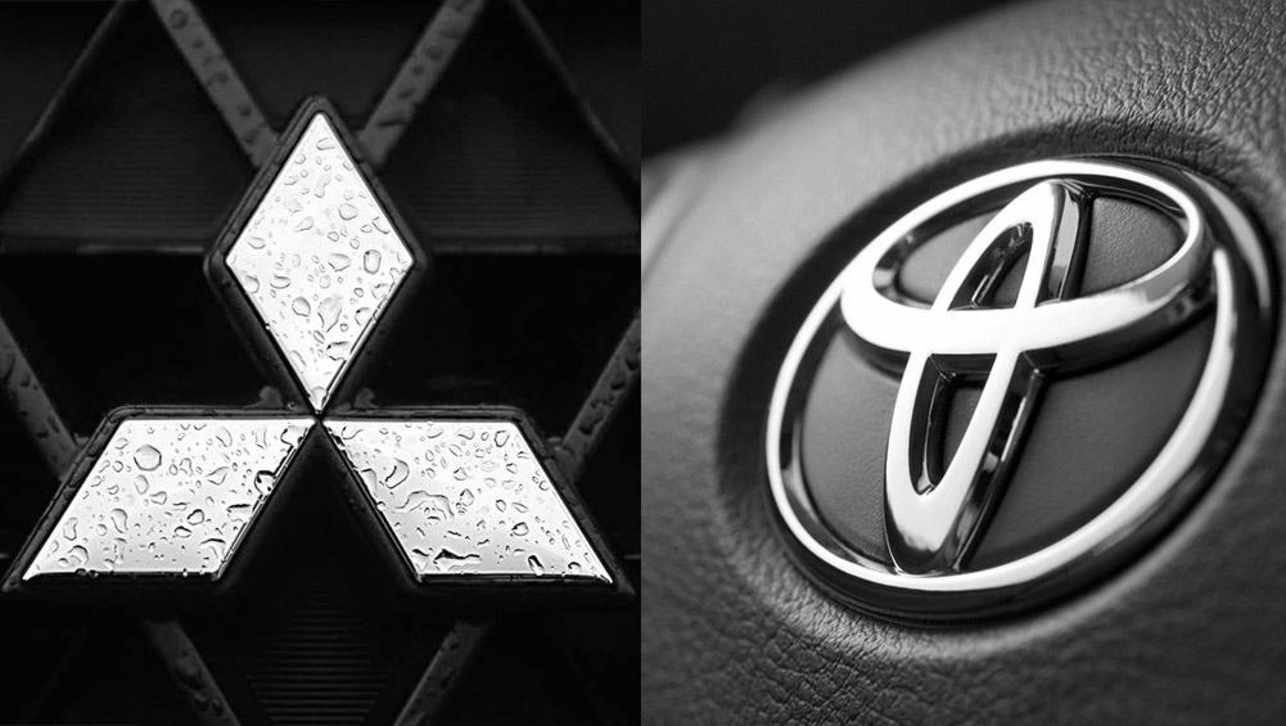


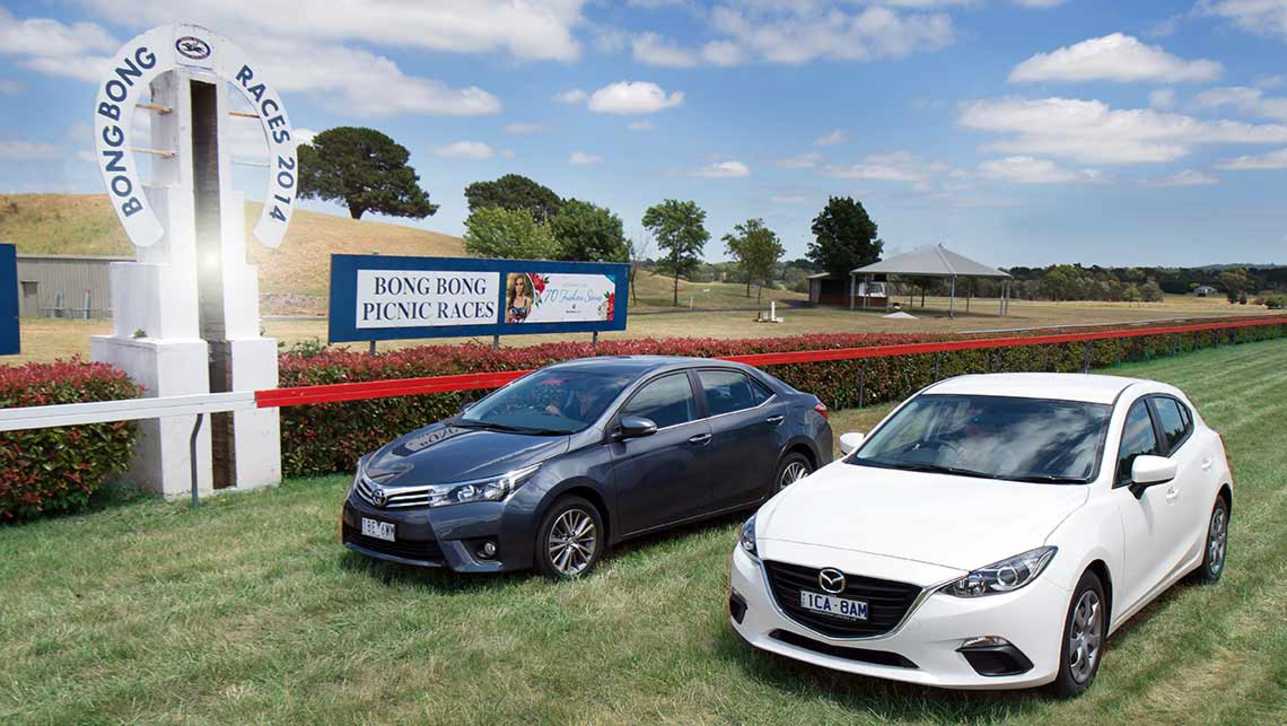




Comments